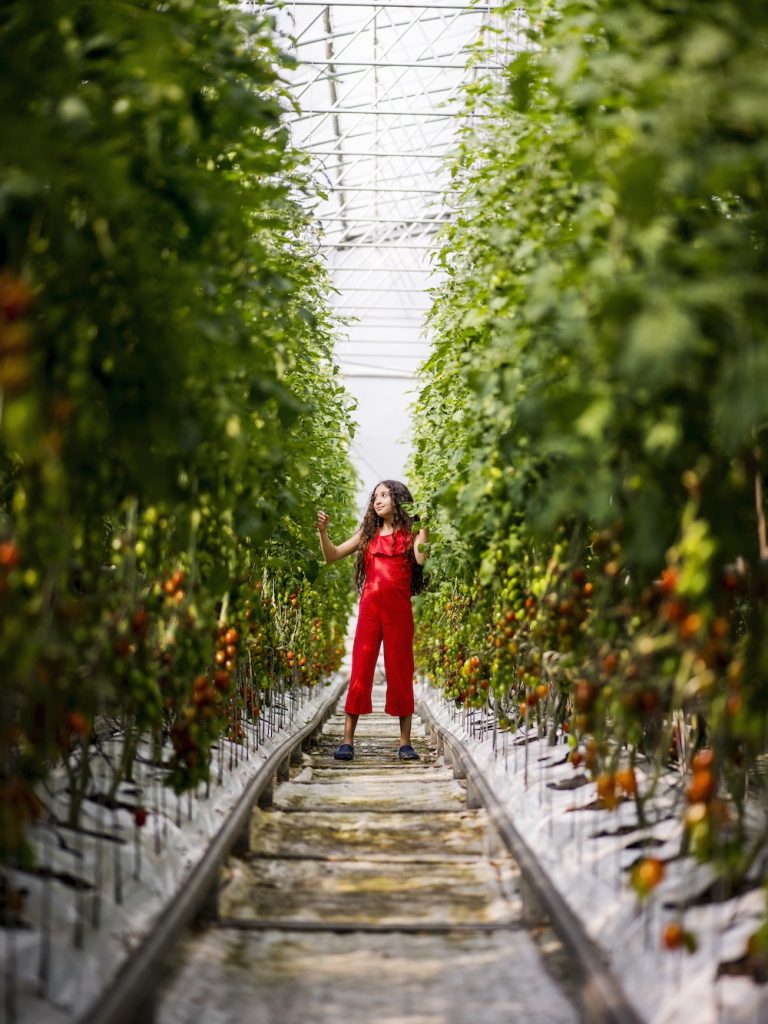
Photo: Alexander Mahmoud.
A number of Nobel Prizes have rewarded discoveries that led to cures for diseases and health problems. Other prizes have recognised those who helped to create a more peaceful world. Several Nobel Prize-awarded achievements are connected to food production and distribution. Some of our knowledge about how our lifestyle affects the environment is based on the discoveries of Nobel Laureates. Numerous components in computers, telephones and telecommunication systems are also the fruit of Nobel Prize-awarded work.
The exhibition ‘For the Greatest Benefit to Humankind’enables museum visitors to learn more about achievements that have saved lives, fed humanity, protected the planet and connected people.
“Humanity is facing major challenges, such as global warming, diseases, food shortages and conflicts that force people to become refugees. But fantastic achievements have also been made in these fields, and many of them have been rewarded with the Nobel Prize. With this exhibition we would like to show that there are ways forward, by highlighting scientific research and humanitarian efforts that have been crucial to society. We want to inspire our visitors and generate public engagement on a number of issues that are vital to our future,” says Erika Lanner, Director of Nobel Prize Museum in Stockholm.
The exhibition includes a wealth of images and playfully presented artefacts. Statistics about our world are presented with the aid of models and props that stimulate curiosity and thoughts. An interactive installation enables visitors to have an impact by stating their wishes about how we can improve the world. Anna Busch and Ulf Larsson, the curators of the exhibition, explain that they want to show the power of the stories that have led to certain individuals and organisations being awarded the Nobel Prize.
“Where would we be today without penicillin, and without a knowledge of how the ozone layer of the atmosphere is built up and broken down? These are among the discoveries that we highlight in the exhibition.”
The exhibition showcases many good examples, but it also asks questions that are crucial to our future. How will we ensure that the food being produced reaches those who are hungry? What can enable us to deal successfully with climate change? How will people use their mobile phones in the future? The exhibition is built around four themes: Saving Lives, Feeding Humanity, Protecting the Planet and Connecting the World.
‘For the Greatest Benefit to Humankind’ is an exhibition that shows how Nobel Prize-awarded achievements improve and change the world. Swedish inventor and industrialist Alfred Nobel (1833-1896) had a clear vision about contributing to a better world. The title of the new exhibition is taken directly from his will, in which he directed that his fortune should be used to fund a prize to those who had “conferred the greatest benefit to humankind”.
You can visit the exhibition from 5 October 2019 until 13 September 2020.
For more photos please visit: https://dam.nobelprize.org/mb/?h=f19bc81017100d90282655f40f6f81dd
About Nobel Prize Museum
The Nobel Prize shows that ideas can change the world. The courage, creativity and perseverance of the Nobel Laureates inspire us and give us hope for the future. Videos, in-depth guided tours and donated artefacts tell about the Laureates and their contributions for the greatest benefit to humankind. Based on the Nobel Prize’s unique combination of fields – natural sciences, literature and peace – we examine the great issues of our time and show how we can respond to them with science, humanism and cooperation. Through our exhibitions, school programmes, lectures and dialogues, we at the Museum would like to generate public engagement for a better world. Today we are located on Stortorget, the main square in Stockholm’s Old Town. In the future we will be creating a new home for the Nobel Prize in the heart of the Swedish capital.
For further information, please contact
press@nobelprize.org